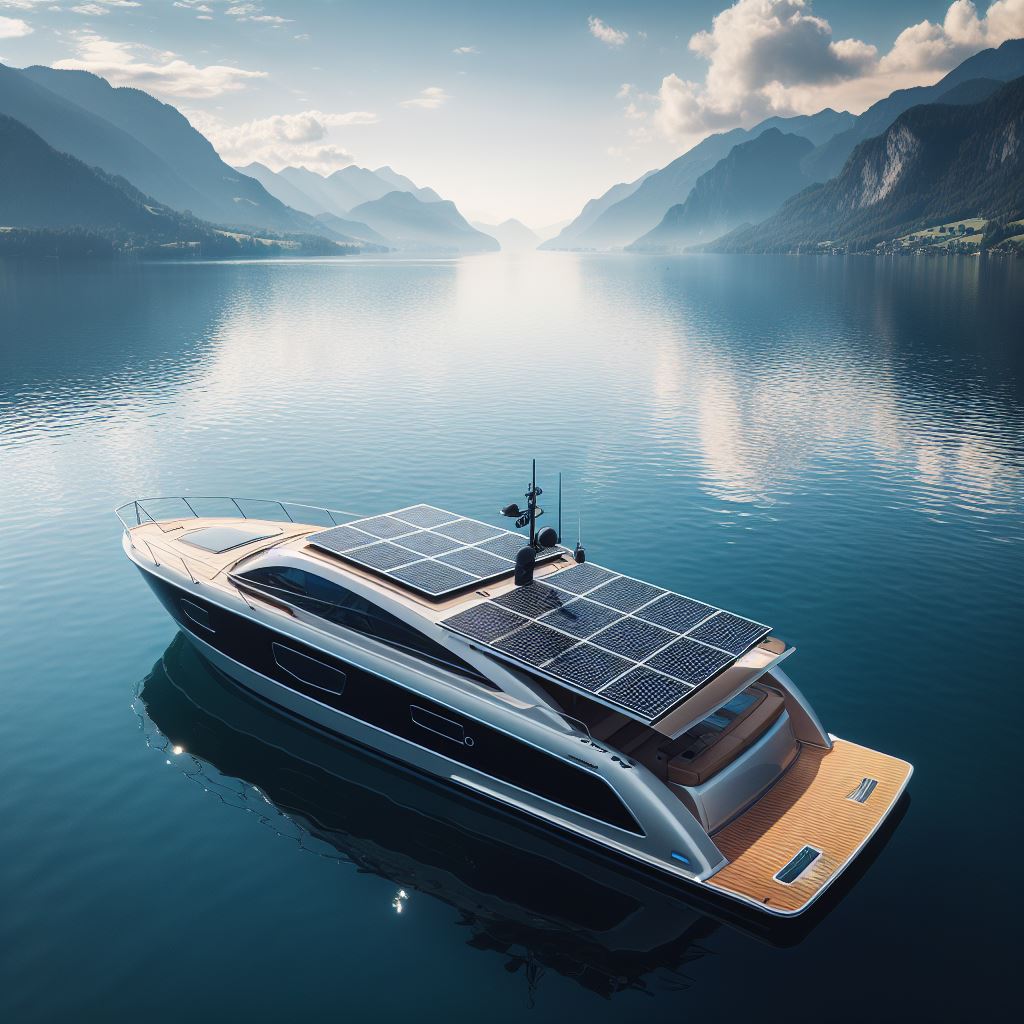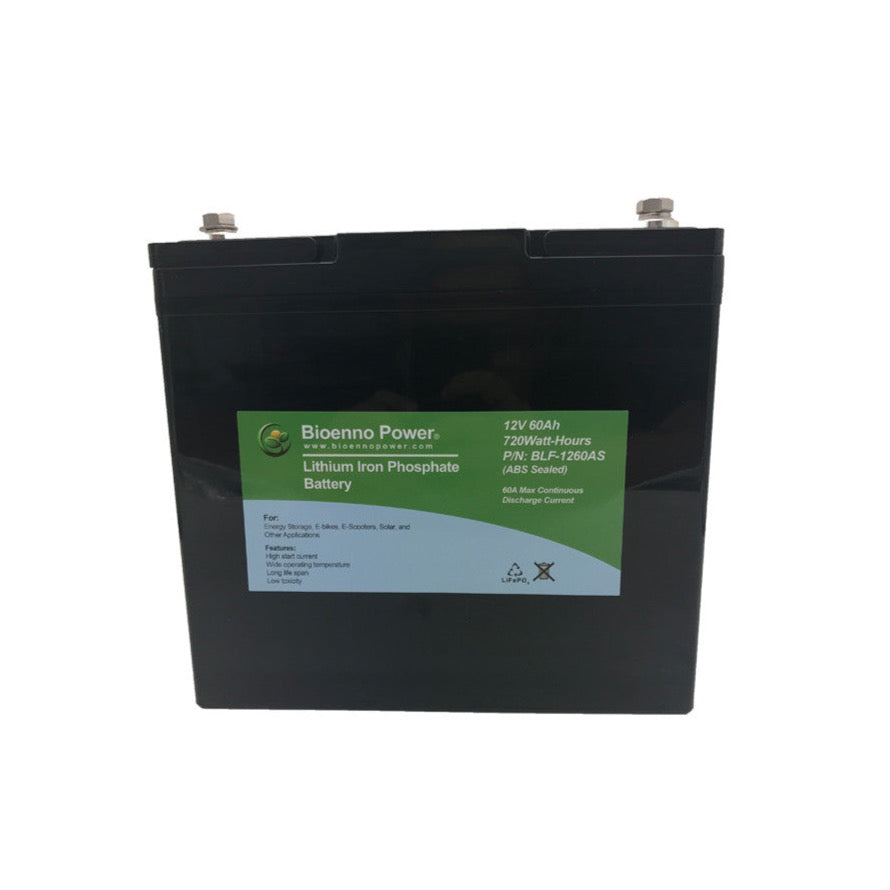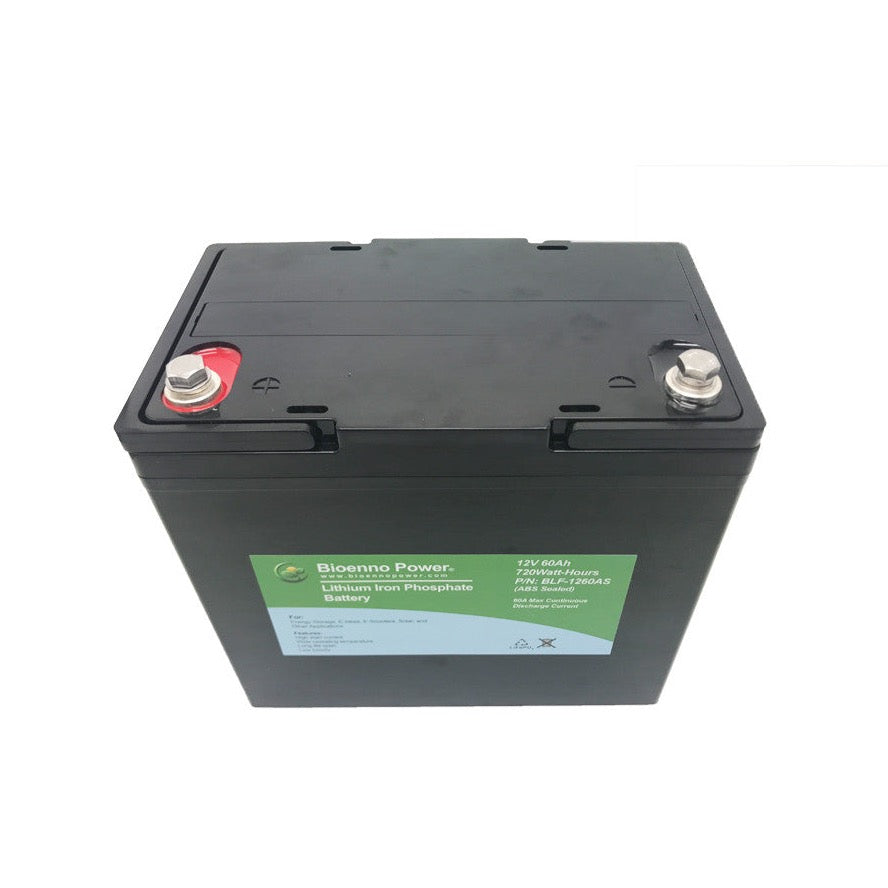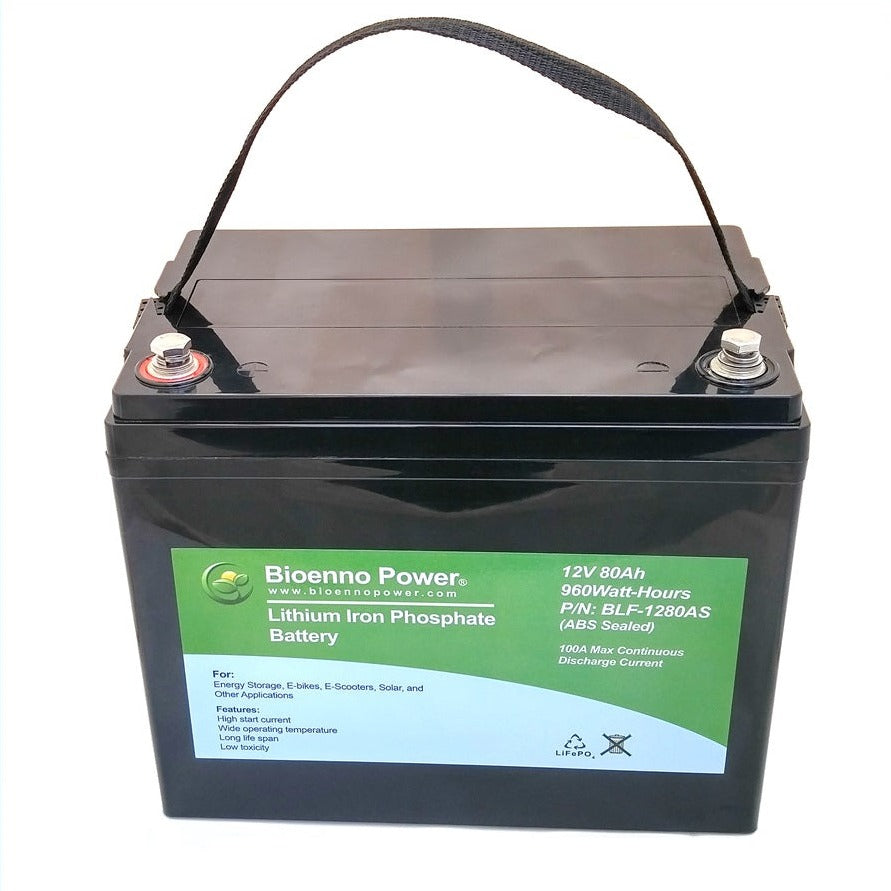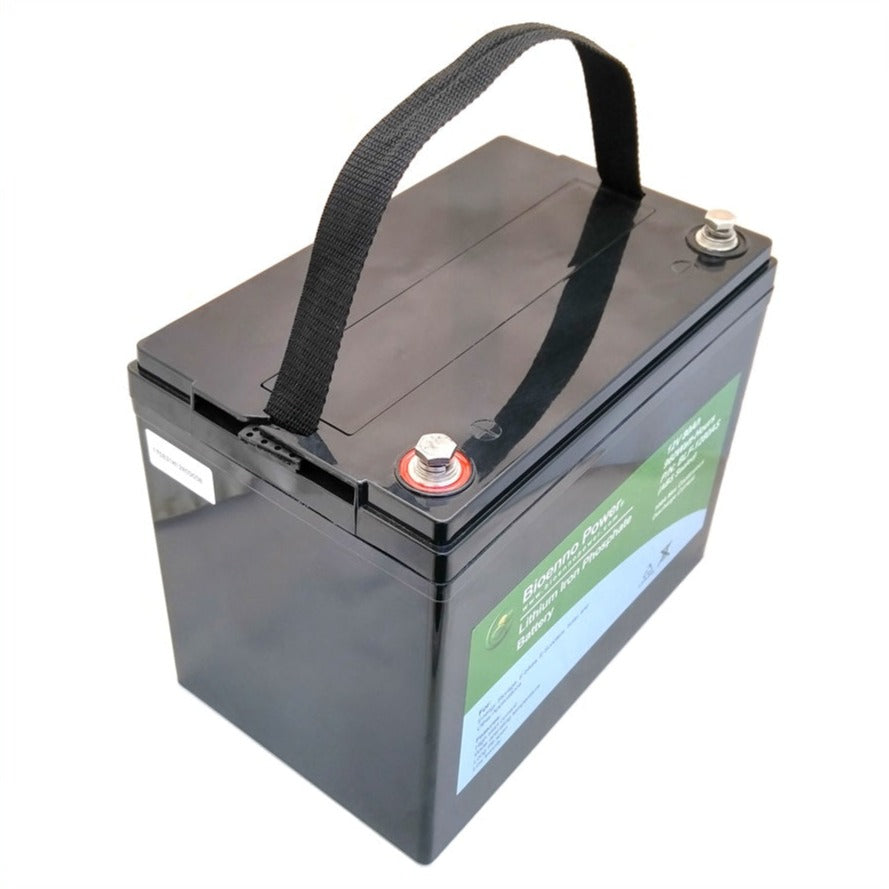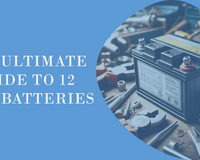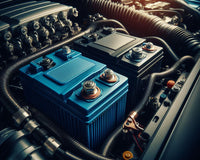Harnessing solar power is revolutionizing the way we access energy for various applications, especially in marine settings. Charging deep cycle marine batteries efficiently requires not just any solar panel, but the right one. As a frontrunner in lithium iron phosphate battery technology, Bioenno is dedicated to empowering customers with essential knowledge to navigate these choices confidently. This guide will walk you through selecting the perfect solar panel to charge your deep cycle marine battery effectively, ensuring you make an informed decision that enhances your marine experience.
Understanding Deep Cycle Marine Batteries

Deep cycle marine batteries are engineered to deliver a consistent power output over extended periods. Ideal for marine applications, these batteries support a broad range of electronics and systems on boats, yachts, and other vessels, providing a dependable power source that's crucial for successful voyages. Read our full deep cycle battery guide for an in-depth look.
The Importance of Choosing the Right Solar Panel
The efficiency, compatibility, and reliability of your solar panel are paramount in optimizing your deep cycle marine battery's charging process. A well-chosen solar panel ensures your battery is adequately charged, prolonging its life and boosting performance. Conversely, an ill-suited panel can lead to reduced efficiency, compatibility issues, and unnecessary costs.
- Reduced Efficiency: Inadequate power output from the selected solar panel can lead to suboptimal charging, diminishing your battery's performance and reliability.
- Shortened Battery Lifespan: Mismatched solar panels can cause overcharging or undercharging, contributing to premature battery wear and requiring more frequent replacements.
- Compatibility Issues: The physical size and specifications of the solar panel must fit your vessel to avoid installation challenges or additional modification costs.
- Increased Maintenance Costs: Solar panels not built for marine environments may succumb quicker to wear and tear, escalating maintenance or replacement expenses.
Factors to Consider When Choosing a Solar Panel
- Power Output: Measure the panel's power output in watts to match your battery's energy needs.
- Size and Dimensions: Ensure the panel fits your vessel's available space, considering layout and placement for maximum efficiency.
- Durability and Weather Resistance: Marine environments are demanding; select a panel designed to withstand saltwater, UV exposure, and extreme conditions.
- Type of Solar Panel: Choose between monocrystalline and polycrystalline panels based on your space availability and efficiency requirements.
Monocrystalline vs. Polycrystalline: Understanding the Differences
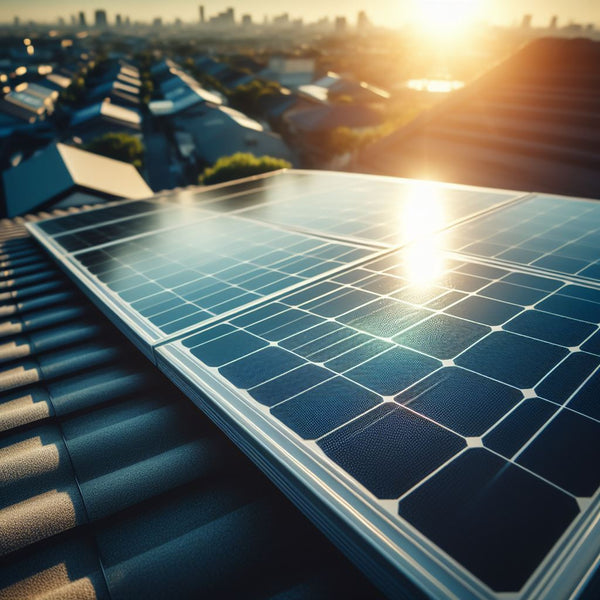
Mono-crystalline Solar Panels excel in efficiency and space utilization, making them ideal for limited-space marine applications. They offer longevity and superior performance, converting more sunlight into electricity.
Polycrystalline Solar Panels, while slightly less efficient, provide a cost-effective solution for larger installations, balancing performance with budget considerations.
Deciding between monocrystalline and polycrystalline panels hinges on your vessel's specific needs. For space-constrained applications prioritizing efficiency, monocrystalline panels are recommended. Polycrystalline panels, however, may suit those with more space and a tighter budget. Read this Forbes article for more about the pros and cons of different solar panel types.
How to select and size a solar system for your boat - Marine Solar Panels, Complete Solar Systems, and Lithium Iron Batteries": This detailed guide offers a cruiser’s perspective on selecting and sizing a solar charging system for boats. It includes steps to define your setup goals, calculate power consumption, and choose the right solar panel types and sizes for your needs. The article provides practical advice on handling new concepts and terminology, ensuring your boat’s solar setup is tailored to your cruising style and requirements. Read more about selecting and sizing solar systems for boats.
Connecting the Dots: Solar Panels and Deep Cycle Batteries
Bioenno's commitment to advanced technology ensures their lithium iron phosphate batteries are perfectly suited for solar charging. Optimized for efficient energy storage and release, Bioenno's deep cycle marine batteries complement the capabilities of well-chosen solar panels, forming a reliable and sustainable power system for marine adventures.
Conclusion
Selecting the right solar panel is critical for the effective charging of your deep cycle marine battery. By considering power output, size, durability, and panel type, you can optimize your marine solar power system for peak performance. Bioenno's expertly designed deep cycle marine batteries integrate seamlessly with solar panels, providing a sustainable and dependable energy solution for your marine needs.

